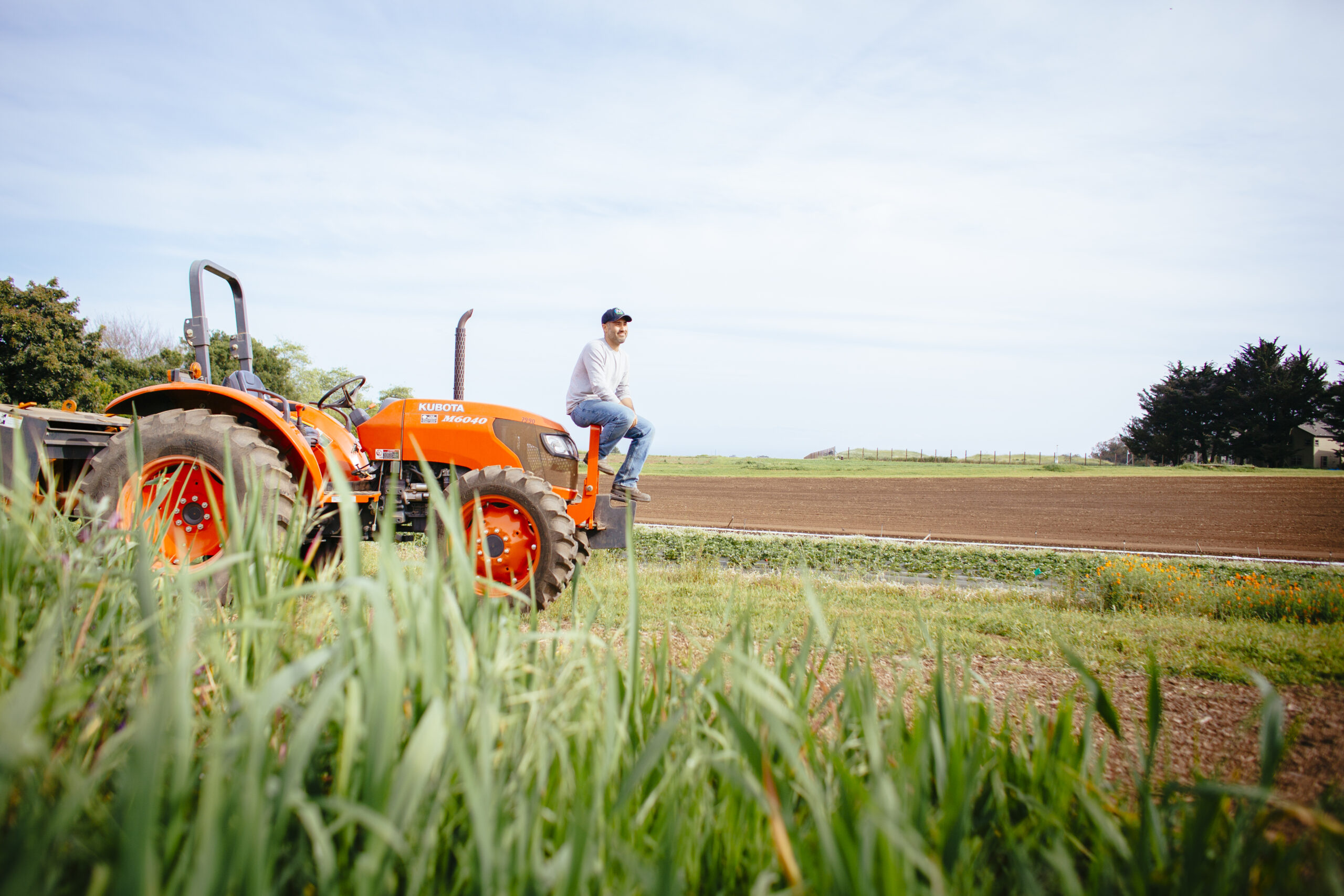AgTech
Emerging technologies have the potential to dramatically reshape the agri-food system.
The UCSC CITRIS AgTech Commons aims to transform agriculture through innovation, education, research, and empowerment. We are an interdisciplinary community of researchers, extensionists, engineers, activists, farmers, students, and others on a path to develop ethical and socially responsible agricultural technologies for a sustainable future.
The Institute for Social Transformation is proud to have supported the early development of UC Santa Cruz’s AgTech initiative, which applies interdisciplinary expertise to guide engineers, activists, farmers, and others on a path to socially responsible technology for a sustainable future.
Initial visioning efforts
In October 2020, under the umbrella of our role in the Public Interest Technology-University Network, the Institute for Social Transformation and CITRIS led an initial convening of faculty across campus to discuss what a more coordinated AgTech focus could look like at UCSC. The session helped to gather collective thoughts about our campus’s unique and distinctive strengths that were valuable in guiding the initiative’s development.
Early research
The AgTech symposium on April 23, 2021, at UCSC brought together faculty, graduate students, and researchers from the five divisions—Arts, Baskin School of Engineering, Physical and Biological Sciences, Social Sciences, and Humanities—to discuss and explore cross-disciplinary collaboration opportunities in AgTech.
The event included short presentations where each participant shared key aspects of their research related to AgTech, followed by small group discussions and a panel session on interdisciplinary collaboration.
Participants from each division presented topics ranging from collaborative arts projects and machine learning for agriculture to sustainable aquaculture and agri-innovation. In total, 31 researchers and Ph.D. students from diverse disciplines participated in these early AgTech coordination efforts.


